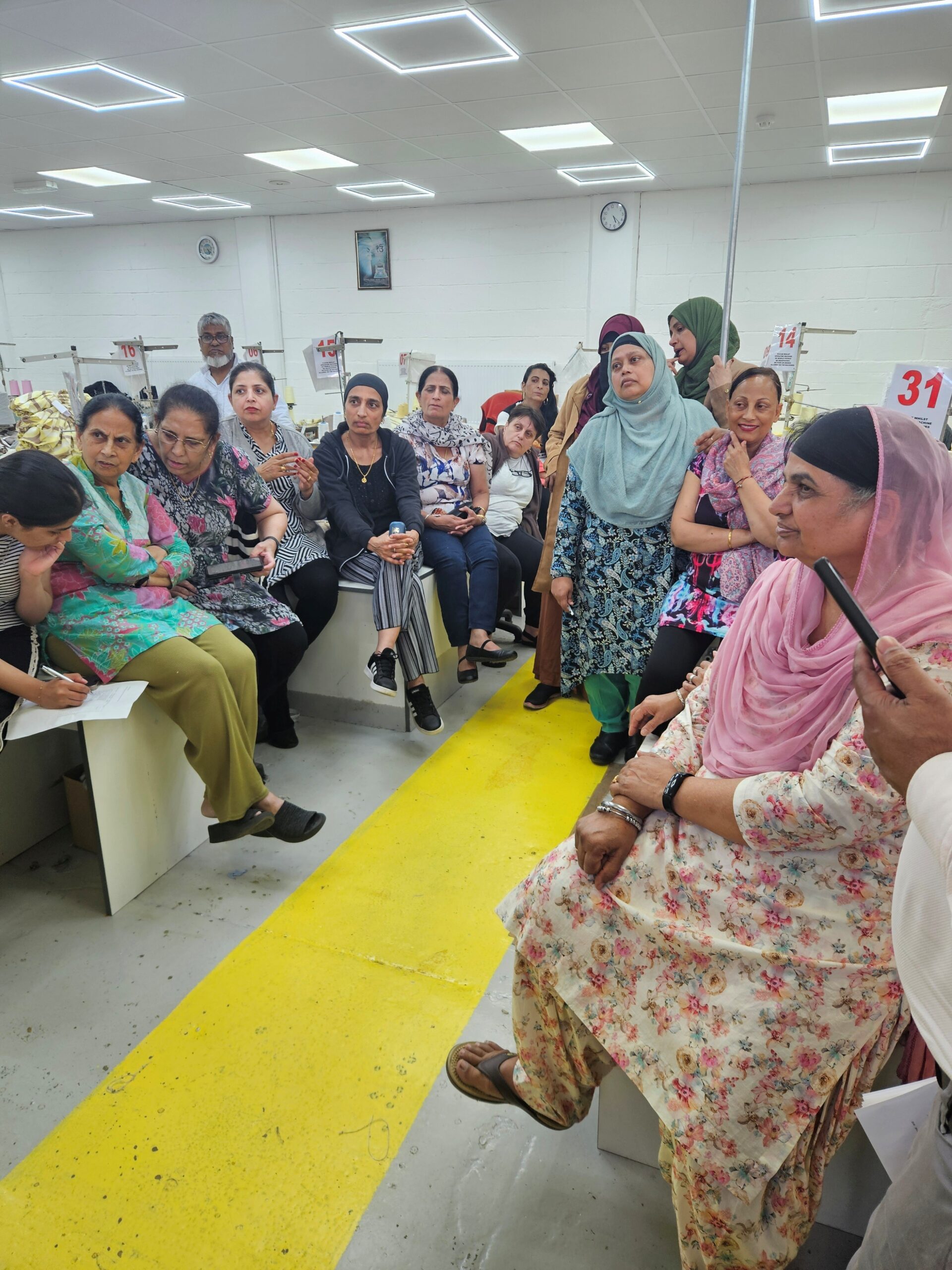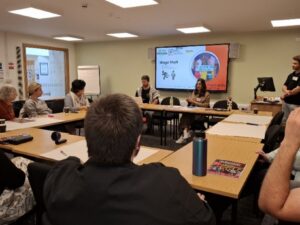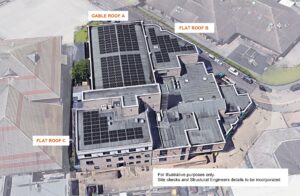Fast fashion is everywhere. It’s in TikTok haul videos, on market stalls, and all over our social feeds. But while we’re told it’s about affordable style and quick convenience, there’s a deeper story hiding behind the seams one that involves hidden warehouses, cash-only trades, and working-class communities caught in a cycle they didn’t create.
In Manchester, particularly in the Cheetham Hill area, entire streets are lined with wholesale clothing suppliers. These are not glossy shops but anonymous units, stacked high with the latest trends at cut prices. Often sold in bulk, these clothes feed online boutiques, market stalls, and TikTok shops across the UK. Much of the business is informal some of it operates in legal grey areas, avoiding tax, skipping regulations, and moving stock at lightning speed.
But who’s buying all this fast fashion?
Many customers come from poorer and working-class communities. And it’s no surprise why. For people on tight budgets, markets and online platforms are often the only realistic options. The clothes are cheap, accessible, and offer the same trendy look for a fraction of the price. When you’re choosing between paying bills or buying a new jacket, price always wins.
Online stores, especially through platforms like TikTok, are open 24/7. You can buy now and pay later. Delivery is cheap or free. You don’t need to travel to city centres or walk into a shop where you might feel judged for what you’re wearing or what you can afford.
There’s also real social pressure to keep up. Trends move fast, especially online. For young people, especially those growing up in lower-income households, there’s a constant push to look a certain way, to belong. Fast fashion gives them a way to do that even if the clothes don’t last long.
What’s often missing from the conversation is this: many people don’t choose fast fashion because they don’t care they choose it because there are no better, affordable alternatives. Sustainable fashion is often priced out of reach. Ethical brands rarely speak to or support working-class communities. And when environmental campaigns focus on “blaming the consumer,” they ignore the fact that millions of people are simply trying to get by.
At FAB-L, we believe the fashion industry needs to take real responsibility not just for how clothes are made, but for who’s being left behind. If we want to challenge fast fashion, we must understand the whole system from the hidden wholesalers of Cheetham Hill to the living rooms where people are buying clothes off TikTok because it’s all they can afford.
This isn’t just about clothes. It’s about class, access, and dignity.
It’s time to change the story






